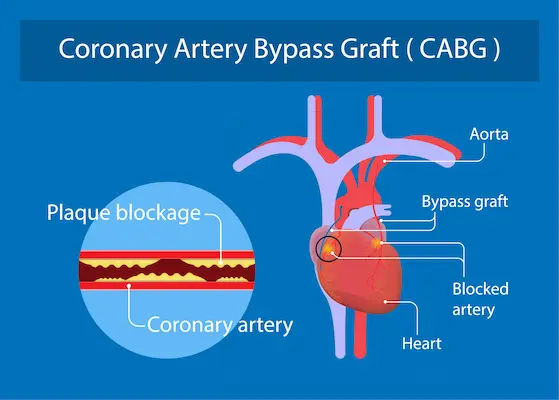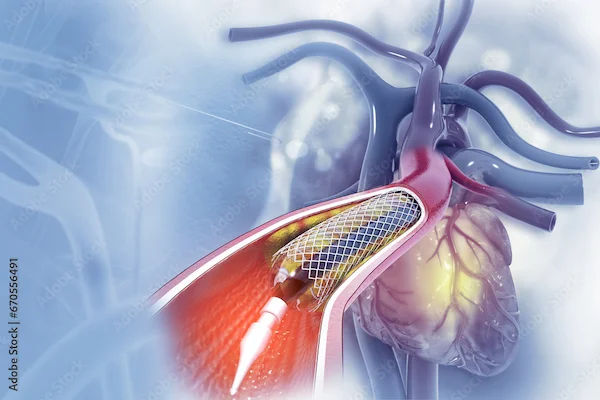- female
- 45 Years
- 22/01/2025
I've been feeling really off lately, like yesterday before lunch I was sweating a lot and my whole body felt weak, especially my legs. I tried eating some chocolate and rice but I was still sweating. So I went to the hospital and they said my BP was fine, and my GRBS was 153, about 45 minutes after eating. The ECG said sinus tachycardia, borderline ECG, and short PR interval, but the doctors said everything's normal when they compared it to an old ECG I had. I'm worried because I take Esomac for gastric issues and Cardace for BP, but I've been having mild chest pains almost every day. Ive done tmt echo tests many times and they always come back normal, but Im so anxious about my heart all the time. Now, I get really tired just walking for like 20 minutes. What could be going on?
Answered by 1 Apollo Doctors
The ECG from yesterday shows sinus tachycardia, borderline ECG, and a short PR interval. Given your symptoms of sweating, weakness, and fatigue, along with your history of mild chest pain and anxiety about your heart, it is important to continue monitoring your heart health closely. Since your previous ECGs have been normal, it is reassuring that there are no significant changes at this time. Considering your current medications, Esomac 40mg for gastric issues and Cardace H5 for blood pressure, it is essential to continue taking them as prescribed. To address your concerns about tiredness and anxiety, I recommend discussing with your healthcare provider about the possibility of adjusting your medications or exploring other treatment options. In addition, it is crucial to maintain a healthy lifestyle, including regular exercise within your limits, a balanced diet, and stress management techniques. If you experience any worsening symptoms or new concerns, do not hesitate to seek medical attention promptly.
Dr. Chandra Suggests...
Consult a Cardiologist
Answered 04/07/2025
0
0

More Cardiology Health Queries
View allIs peanut butter good for cholesterol?
Peanut butter, almond butter, and other nut butters, these creamy treats are fairly healthy. And as long as they don't contain hydrogenated fat, nut butters including peanut butter won't cause problems for your cholesterol levels.
Answered by 1 Apollo Doctors
I've been taking cilametxl 50mg, moxvas 0.3mg, and minipress XL 5mg every morning and night, but I've noticed that my blood pressure drops temporarily and then spikes to around 17598 or 18595 by 4 p.m. and is high again early in the morning around 6 a.m. Why does this happen, and what can I do to manage these fluctuations better?
Its important to work closely with your doctor to adjust your treatment plan, as fluctuating high blood pressure can be a serious concern over time. Regular check-ups, monitoring, and lifestyle changes will also help manage your blood pressure more effectively. Make sure to follow your doctors advice closely to achieve better blood pressure control.
Answered by 1 Apollo Doctors
I'm wondering about taking my Metzok 50 tablet at a new time. I usually take it at 9 am, but I'm considering switching to 3 am. Is that okay to do?
Its generally fine to adjust the time you take Metzok 50 (metoprolol) by a few hours, but its best to consult your healthcare provider before making a permanent change.
Answered by 1 Apollo Doctors
Disclaimer: Answers on Apollo 247 are not intended to replace your doctor advice. Always seek help of a professional doctor in case of an medical emergency or ailment.





